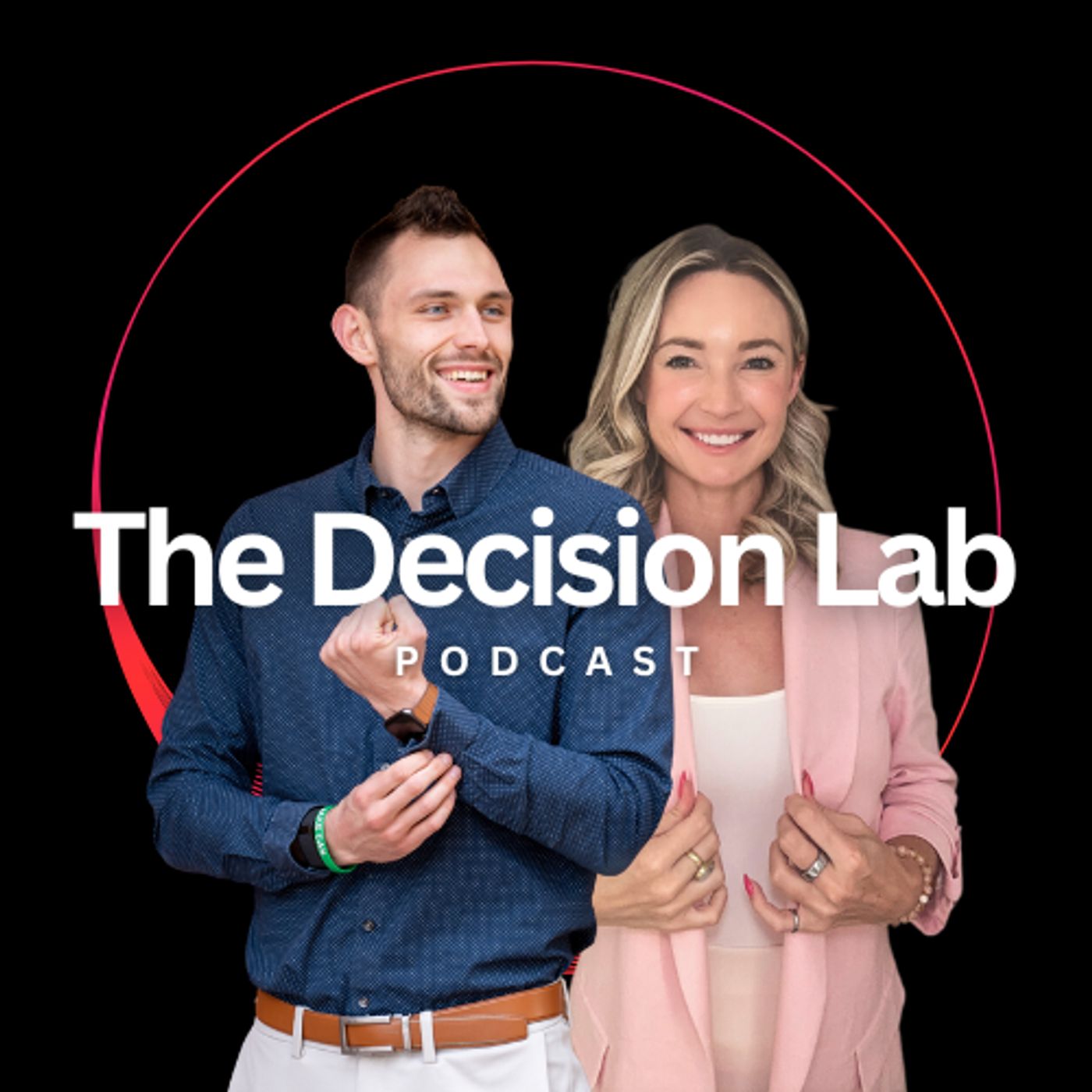Ep. 71: Does Tylenol Cause Autism? w/ Dr. Ben Rein
Update: 2025-10-14
Description
In Today’s Episode: Does Tylenol Cause Autism?
Join us as we talk with Dr. Ben Rein, author of Why Brains Need Friends, who shares his insights on the neuroscience of empathy, autism research, and the social divides shaping our understanding of science today.
Dr. Ben breaks down the truth behind the Tylenol and autism debate, the biology of connection, and how empathy can be trained and strengthened through real, research-backed methods.
Key Takeaways from Today’s Episode:
-The real science behind autism — what genetics, environment, and neurobiology actually tell us.
-Why claims like “Tylenol causes autism” spread online, and how misinformation takes root in our brains.
-How to train empathy and literally build new neural hardware for connection.
Questions We Answer in This Episode:
-What does the research really say about Tylenol and autism?
-How do genetics and brain signaling shape social behavior?
-Can empathy and social connection be strengthened through neuroscience-based practices?
(0:00 ) Introduction of Dr. Ben Rhine and autism research discussion
(1:10 ) Dr. Ben Rhine's journey into neuroscience and balancing life roles
(7:01 ) Dream that changed career path and focus on autism and empathy
(9:49 ) Autism research: Genetic factors and mouse models
(14:06 ) Surprising findings and sensitivity around autism discussions
(17:27 ) High-resolution animal studies benefits and continuation
(20:53 ) Impact of social media on scientific research and credibility
(28:47 ) Consensus AI role and addressing misinformation in health and wellness
(35:26 ) Psychology behind social media influence and echo chambers
(42:23 ) Empathy improvement strategies and therapy roles
(47:37 ) Debunking the Tylenol-autism myth and challenging biases
(56:16 ) Enhancing empathy and accepting differing viewpoints
(58:45 ) Social media's impact on real-life interactions and SIX app
(1:02:51 ) Final thoughts and guest's wish for more frequent questions
(1:05:40 ) Gender differences in personal questions and Dr. Rhine's book details
(1:08:25 ) Closing remarks and call to action
Join us as we talk with Dr. Ben Rein, author of Why Brains Need Friends, who shares his insights on the neuroscience of empathy, autism research, and the social divides shaping our understanding of science today.
Dr. Ben breaks down the truth behind the Tylenol and autism debate, the biology of connection, and how empathy can be trained and strengthened through real, research-backed methods.
Key Takeaways from Today’s Episode:
-The real science behind autism — what genetics, environment, and neurobiology actually tell us.
-Why claims like “Tylenol causes autism” spread online, and how misinformation takes root in our brains.
-How to train empathy and literally build new neural hardware for connection.
Questions We Answer in This Episode:
-What does the research really say about Tylenol and autism?
-How do genetics and brain signaling shape social behavior?
-Can empathy and social connection be strengthened through neuroscience-based practices?
(0:00 ) Introduction of Dr. Ben Rhine and autism research discussion
(1:10 ) Dr. Ben Rhine's journey into neuroscience and balancing life roles
(7:01 ) Dream that changed career path and focus on autism and empathy
(9:49 ) Autism research: Genetic factors and mouse models
(14:06 ) Surprising findings and sensitivity around autism discussions
(17:27 ) High-resolution animal studies benefits and continuation
(20:53 ) Impact of social media on scientific research and credibility
(28:47 ) Consensus AI role and addressing misinformation in health and wellness
(35:26 ) Psychology behind social media influence and echo chambers
(42:23 ) Empathy improvement strategies and therapy roles
(47:37 ) Debunking the Tylenol-autism myth and challenging biases
(56:16 ) Enhancing empathy and accepting differing viewpoints
(58:45 ) Social media's impact on real-life interactions and SIX app
(1:02:51 ) Final thoughts and guest's wish for more frequent questions
(1:05:40 ) Gender differences in personal questions and Dr. Rhine's book details
(1:08:25 ) Closing remarks and call to action
Comments
In Channel






